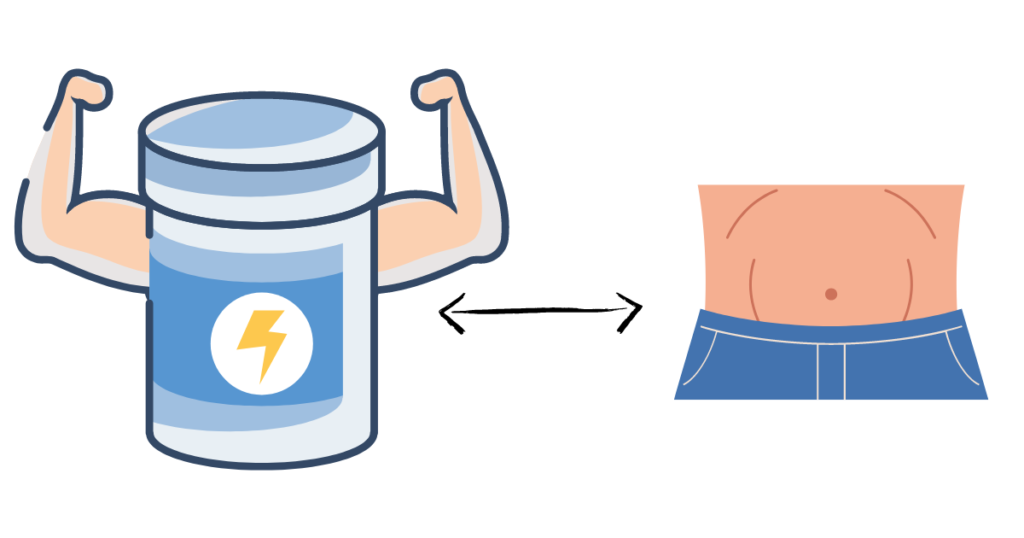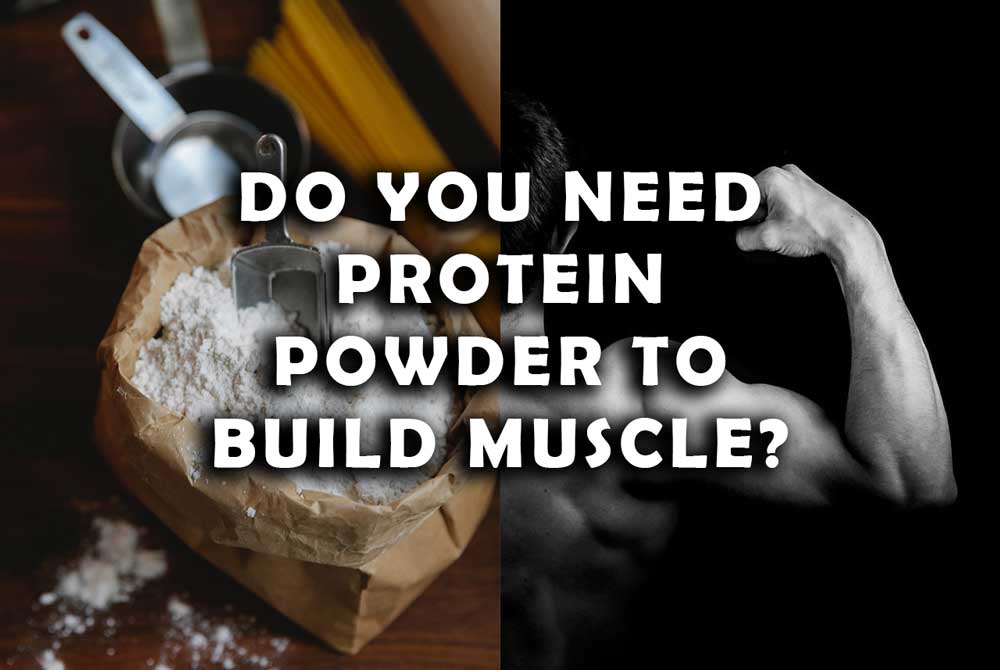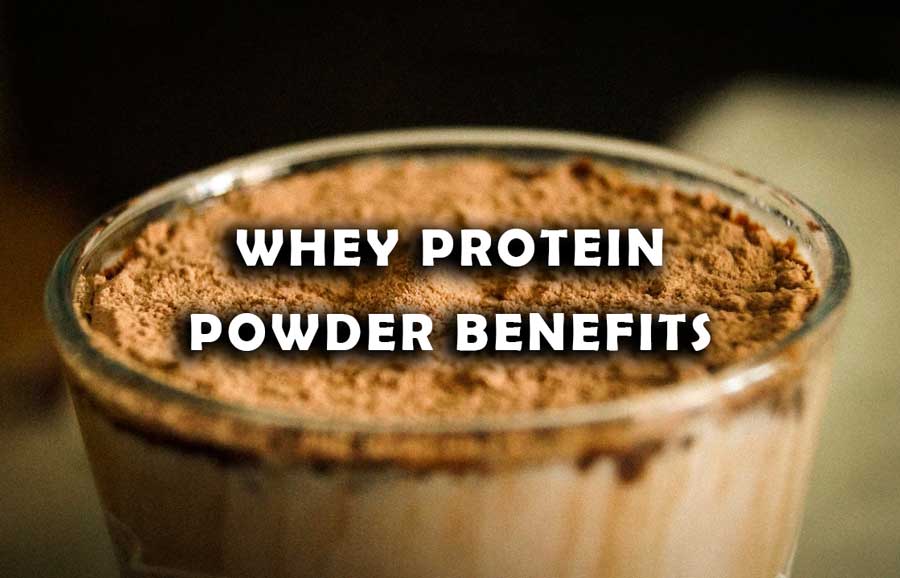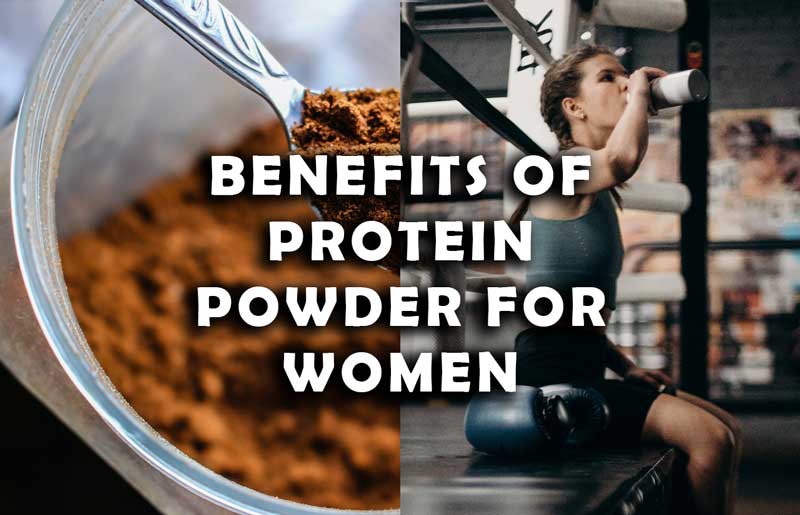Protein shakes are popular among fitness enthusiasts and athletes, but there has been a lot of discussion around the side effects of consuming them. Well, some people might experience a problem related to digestion. They might get this question ‘whether protein shakes make you poop’. If you are facing this problem, don’t worry you are not alone. It is quite common than you think.
In this article, we will explore this topic in-depth and discuss the potential reasons for this effect.
What are protein shakes?
Protein shakes are a convenient and easy way to increase your protein intake. They typically come in powdered form, which you can mix with water or milk to create a smoothie-like drink. Protein shakes can contain different types of protein, such as whey, casein, soy, or pea protein, and may also include other ingredients like vitamins, minerals, and amino acids.
The link between protein shakes and digestion

Protein is essential for building and repairing muscle tissue, as well as maintaining a healthy immune system. However, some people may experience digestive issues when consuming large amounts of protein shakes, such as bloating, gas, or can make them poop more times than normal. These symptoms are often related to the way protein reacts to the digestion in the body.
Protein is broken down into amino acids in the stomach and small intestine, and then absorbed into the bloodstream. However, some protein may remain undigested or partially digested, and can ferment in the colon. This fermentation process can produce gas and cause bloating, cramping, or diarrhea.
The effect of protein shakes on bowel movements
Protein shakes may have a laxative effect on some people, meaning they can stimulate bowel movements and increase the frequency of defecation. This effect may be due to several reasons:
1. High protein content can make you poop
Protein shakes usually contain a high amount of protein per serving, which can overload the digestive system and cause diarrhea or loose stools. If you consume more protein than your body can absorb and utilize, the excess may pass through your gut and irritate the intestinal lining.
2. Artificial sweeteners can make you poop
Many protein shakes contain artificial sweeteners, such as sucralose or aspartame, which can also cause digestive issues. These sweeteners are not well absorbed by the body and can ferment in the gut, leading to gas, bloating, and diarrhea.
3. Lactose intolerance can make you poop
Some protein shakes are made with whey protein, which is derived from milk. If you are lactose intolerant, meaning you cannot digest lactose, a sugar found in milk, you may experience digestive symptoms after consuming whey protein. This can include diarrhea, abdominal pain, and bloating.
4. Fiber (Insoluble) can make you poop.
Some protein shakes are naturally high in insoluble fiber. Usually plant-based protein powders are high in such fibres. Many other types of protein powder may contain fiber as well, you can see their labels for confirmation. Insoluble fiber is a natural laxative and adds bulk to the stool, taking more of such protein shakes will make you poop.
5. Dehydration
Protein shakes can be dehydrating if consumed without enough water. When protein is broken down in the body, it releases nitrogen waste products that need to be excreted by the kidneys. If you do not drink enough water to flush out these waste products, they can build up in your colon. Further, it can cause constipation or hard stools.
Remedies to Follow If Protein Shakes Make You Poop
If you are experiencing digestive issues such as diarrhea or loose stools when consuming protein shakes, there are several remedies you can try:
1) Reduce the serving size
Consuming too much protein powder at once can overwhelm your digestive system, leading to diarrhea or loose stools. Try reducing the serving size of your protein shake to see if this helps.
2) Increase fiber intake
Adding fiber-rich foods to your diet, such as fruits, vegetables, and whole grains, can help regulate bowel movements and prevent diarrhea. You can also add fiber supplements to your protein shakes, such as psyllium husk or flaxseed.
3) Choose a different type of protein powder
Some people may have difficulty digesting certain types of protein, such as whey or casein. Switching to a plant-based protein powder, such as pea protein or brown rice protein, may be easier on your digestive system.
4) Stay hydrated
Drinking plenty of water throughout the day can help regulate bowel movements and prevent dehydration, which can contribute to diarrhea.
5) Consult a healthcare professional
If you are experiencing persistent digestive issues when consuming protein shakes, it’s a good idea to talk to a healthcare professional. This will rule out any underlying health conditions and determine the best course of treatment.
By following these remedies, you can help alleviate digestive issues and enjoy the benefits of protein shakes without discomfort.
Other potential risks of Protein shakes
While protein shakes can be a convenient and effective way to increase protein intake, there are potential risks associated with its use. Here are three potential risks of protein shakes to be aware of other than poop problem:
- Digestive issues: Some people experience digestive issues such as bloating, gas, and diarrhea when consuming protein powder. All this can happen especially if they consume too much or have an intolerance to certain ingredients.
- Heavy metal contamination: Some studies have found that some protein powders may contain heavy metals such as lead, cadmium, and arsenic, which can be harmful to health when consumed in large amounts over time.
- Acne: Some people may experience an increase in acne when consuming whey protein powder. This is because it can increase the production of sebum, a type of oil produced by the skin. This is because whey protein can increase levels of insulin-like growth factor 1 (IGF-1), which has been linked to acne breakouts in some studies.
Conclusion
In conclusion, yes, protein shakes can make you poop, but this effect is not universal. It may depend on individual factors such as protein content, artificial sweeteners, lactose intolerance, and hydration. If you experience digestive issues after consuming protein shakes, you may want to consider reducing your intake. Along with that, try switching to a different type of protein, or consulting a healthcare professional. As with any dietary supplement, it is important to listen to your body and pay attention to how it responds to different foods and drinks.
FAQs
1) Are protein shakes bad for you?
Protein shakes can be a convenient and healthy way to increase your protein intake, but they may not be suitable for everyone. If you have a medical condition or are taking medication, you should consult your healthcare provider before consuming protein shakes.
2) Can protein shakes cause weight gain?
Protein shakes themselves do not cause weight gain, as they are a low-calorie source of protein. However, if you consume more calories than your body needs, including those from protein shakes, you may gain weight.
3) Should I drink protein shakes before or after a workout?
It is generally better to consume protein shakes after a workout. Furthermore, this can help to repair and rebuild muscle tissue. However, some people may find it helpful to have a small amount of protein before a workout to provide energy.
4) How much protein should I consume per day?
The recommended daily intake of protein varies depending on factors such as age, gender, and activity level. However, most people should aim for at least 0.8 grams of protein per kilogram of body weight per day.
5) Can I make my own protein shakes at home?
Yes, you can make your own protein shakes at home. You can use ingredients like protein powder, fruit, vegetables, and milk or water. This can be a cost-effective and healthy way to customize your protein intake to your needs and preferences.





